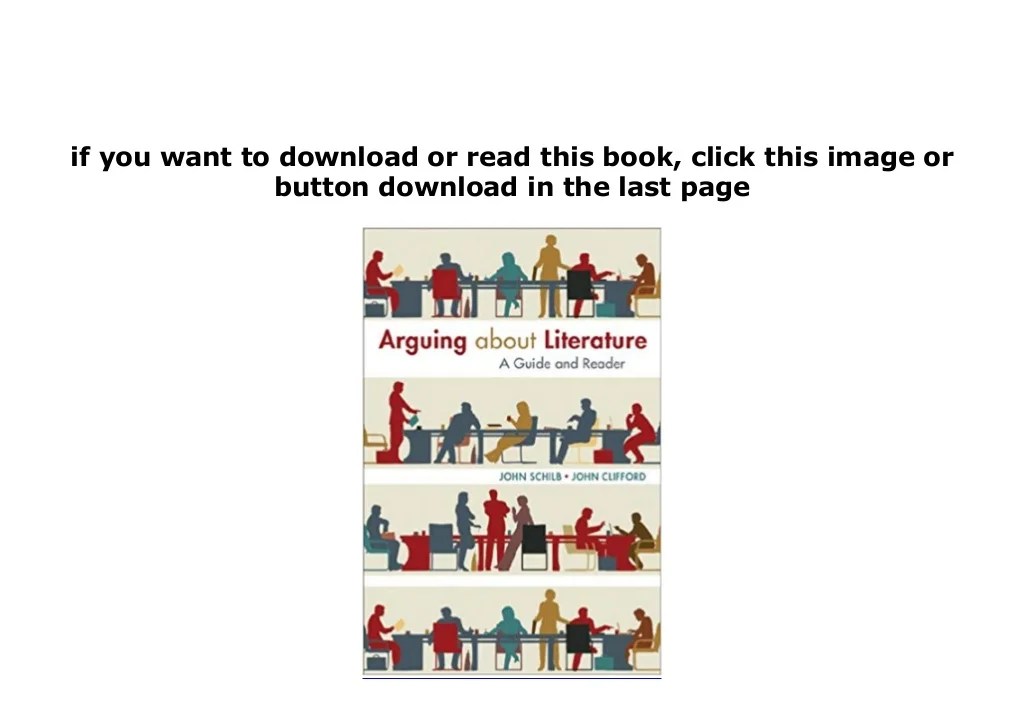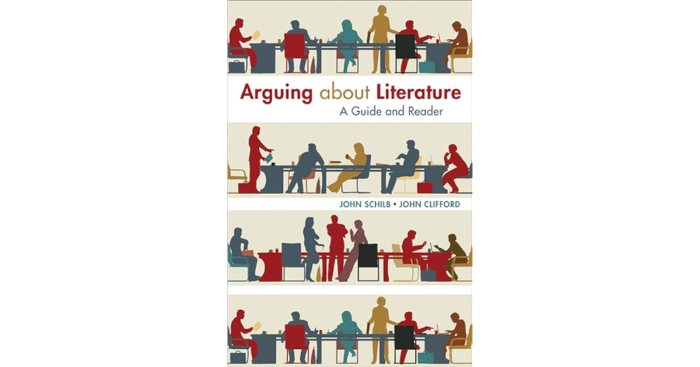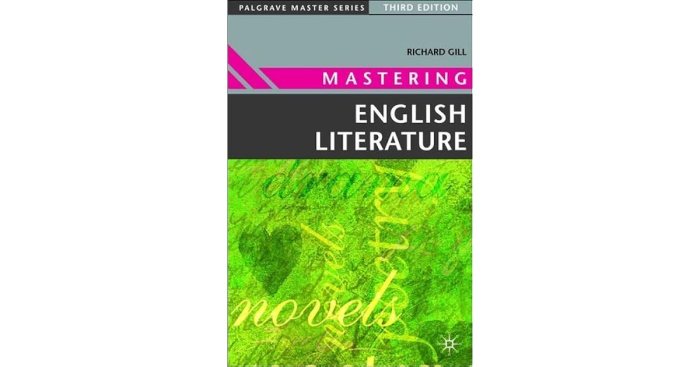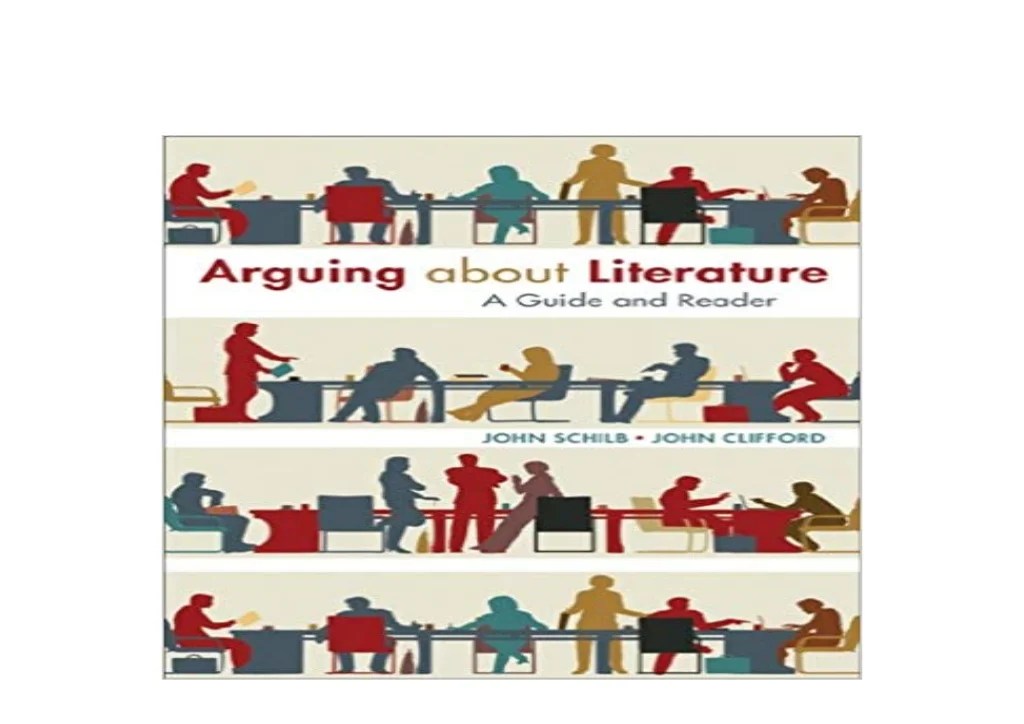Embark on an enlightening journey with Arguing About Literature 3rd Edition Free, a comprehensive guide that unlocks the intricacies of literary analysis and empowers you to engage in captivating literary debates.
This invaluable resource delves into the foundations of literary criticism, unraveling the nuances of argumentation and persuasion within the realm of literature.
1. Introduction to Arguing About Literature 3rd Edition

Arguing About Literature 3rd Edition is a comprehensive guide to literary analysis and argumentation. The book provides a step-by-step approach to understanding and interpreting literature, and it offers practical guidance on writing effective literary arguments.
The book is divided into six chapters, each of which focuses on a different aspect of literary analysis and argumentation. The first chapter introduces the basic principles of literary analysis, and it explains the different types of literary criticism. The second chapter discusses the role of argumentation and persuasion in literary criticism, and it provides guidance on developing a thesis statement and using evidence to support an argument.
The third chapter offers case studies in literary argumentation, and it analyzes the strengths and weaknesses of each argument.
2. Understanding Literary Analysis

Literary analysis is the process of interpreting and understanding literature. It involves examining the text of a literary work, considering its context, and identifying its themes and symbols. Literary analysis can be used to gain a deeper understanding of a work of literature, to appreciate its beauty, and to make connections to other works of literature and to the world around us.
There are many different types of literary analysis, each with its own unique approach to interpreting literature. Some of the most common types of literary analysis include:
- Formalist criticismfocuses on the text of the literary work itself, and it examines the way in which the author uses language, structure, and form to create meaning.
- Historical criticismexamines the literary work in its historical context, and it considers the ways in which the work reflects the social, political, and cultural values of its time.
- Biographical criticismexamines the life of the author, and it considers the ways in which the author’s experiences and beliefs influenced the work.
- Feminist criticismexamines the literary work from a feminist perspective, and it considers the ways in which the work represents women and gender roles.
Q&A: Arguing About Literature 3rd Edition Free
What is the purpose of Arguing About Literature 3rd Edition Free?
To provide a comprehensive understanding of literary analysis, argumentation, and persuasion in the context of literature.
What topics are covered in the book?
Basic principles of literary analysis, types of literary criticism, argumentation and persuasion in literary criticism, writing a literary argument, and case studies in literary argumentation.
Who is the intended audience for this book?
Students, scholars, and anyone interested in developing their skills in literary analysis and argumentation.

